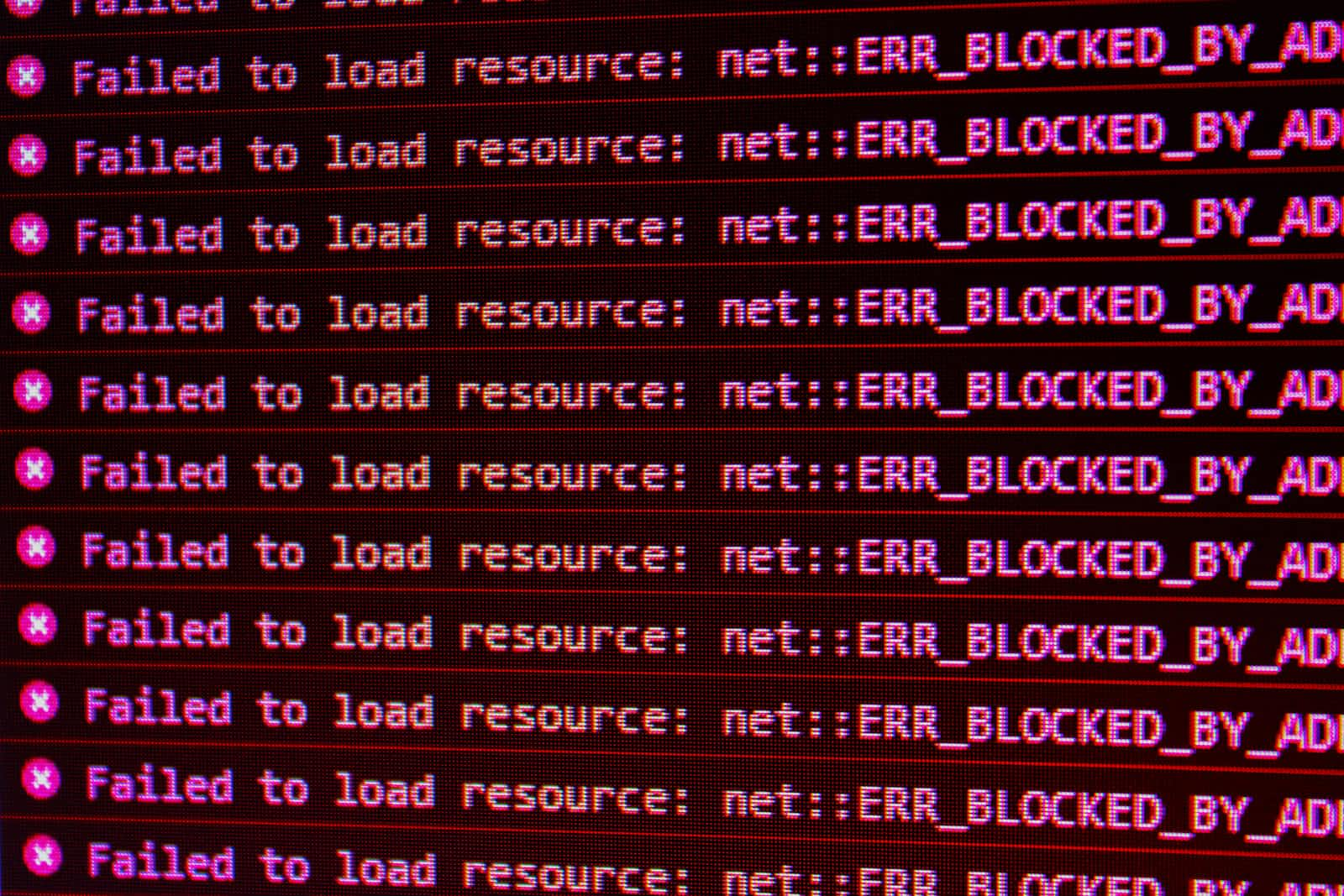Error Handling In Solidity
 Adetayo Omotomiwa
Adetayo OmotomiwaTable of contents

Solidity, the programming language used to create smart contracts for the Ethereum blockchain, places a strong emphasis on error handling. To prevent bugs, security flaws, and unexpected behaviour of smart contracts, errors must be handled properly. In this article, we will discuss the best practices and strategies for error handling in Solidity with code snippets.
It's important to understand the different ways errors can handled be in Solidity. These include:
Require
This error is used to indicate that a transaction has failed and should be rolled back. It can be triggered by a require keyword.
require(balance >= amount, "Insufficient Ether");
The require function takes a condition as the first argument and an optional error message as the second parameter.
Assert
Similar to require, assert is used to check for conditions that should be true for the contract to continue executing. If the condition is false, an error is thrown and the transaction is rolled back.
assert(balance >= amount);
Revert
Revert is similar to both assert and require but the difference is the use of the if condition to trigger an error that rollbacks the transaction.
if(amount < balance){
revert("Insufficient funds to complete the transaction");
}
Custom Errors
Custom error is the recommended way to handle errors in a smart contract because it saves gas more than the other methods. The syntax is quite different from the rest in the sense that you have to define the custom error beforehand and give it the parameters to expect when called.
error NotEnoughEther(uint256 price, uint256 amountPassed);
if(amount < balance){
revert NotEnoughEther(amount, balance);
}
Finally, it's a good practice to include a fallback function in your contract. The fallback function is executed when no other function matches the input data of a transaction. This function can be used to handle errors or unexpected input and can help prevent potential security vulnerabilities.
error InvalidFunctionCall();
fallback() external payable {
revert InvalidFunctionCall();
}
Note: The fallback function is also executed when ether is sent directly to a contract address but receive() does not exist or msg.data is not empty.
In conclusion, error handling is an essential aspect of smart contract development in Solidity. By understanding the different types of errors that can occur, using the appropriate error type for the situation, including clear error messages, and thoroughly testing your contract, you can help ensure that your contract is secure and reliable.
Finally, If you found this article useful, please consider sharing it with your friends and colleagues. If you have any questions or want to discuss anything related to the topic, please feel free to reach out to me on Twitter or LinkedIn, I would be happy to chat with you.
Thank you for reading.
Subscribe to my newsletter
Read articles from Adetayo Omotomiwa directly inside your inbox. Subscribe to the newsletter, and don't miss out.
Written by

Adetayo Omotomiwa
Adetayo Omotomiwa
Software Engineer with over 3 years of experience designing, developing and maintaining software applications. Proficient in multiple programming languages including Javascript, C++ and solidity.